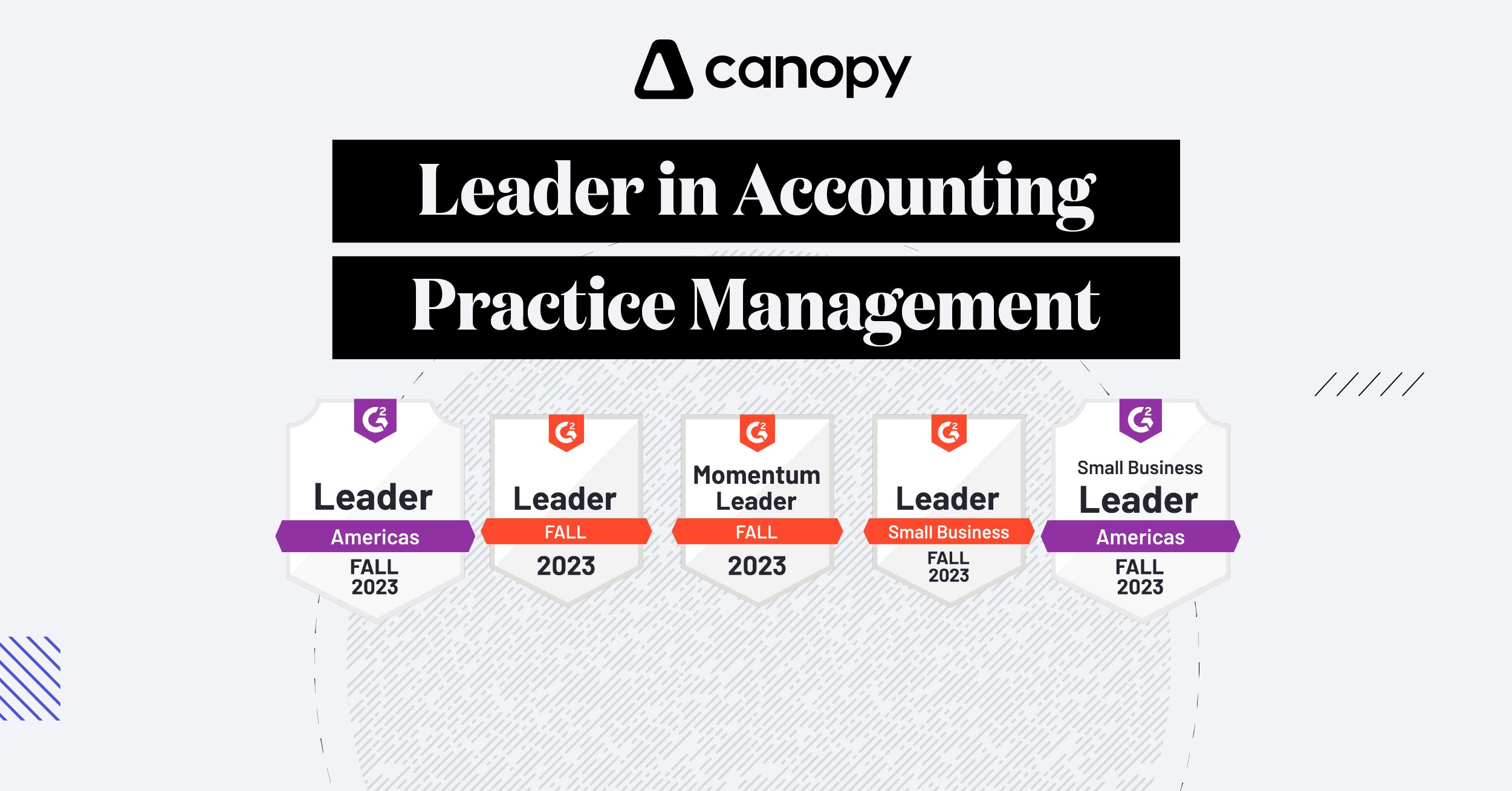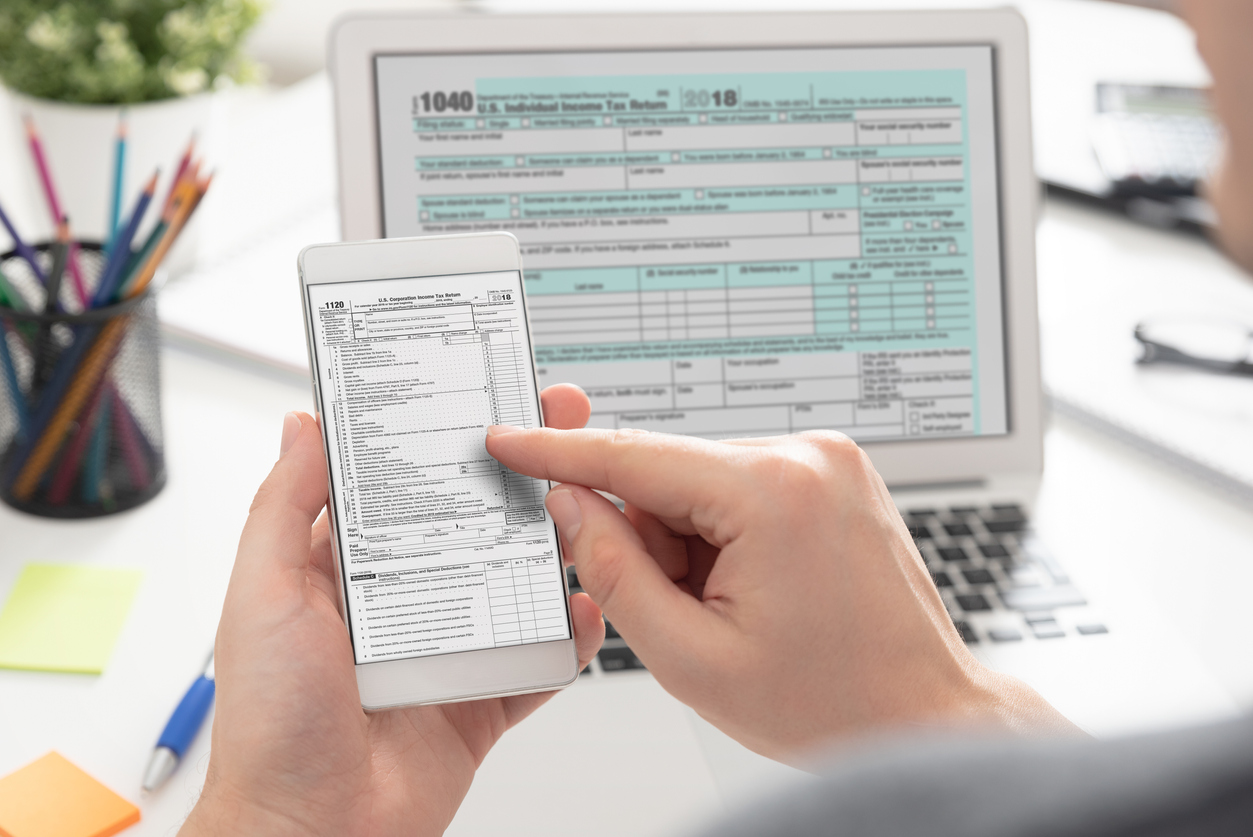Until recently, the only tax-related law that was passed in 2021 was the American Rescue Plan Act, Public Law No: 117-2 on March 31, 2021. For a U.S. law, it was actually pretty short—only 243 pages.
By contrast, the Infrastructure Investment and Jobs Act, commonly known as bipartisan infrastructure framework, signed by President Joe Biden on Nov. 15, 2021, is 1,039 pages long (it was over 2,000 pages, before it got pared down during negotiations). This bill doesn’t have many tax provisions.
There isn’t enough room to go into depth on this, but some tax-related updates in the Infrastructure Bill include:
-
-
- Extended reporting by brokerages and financial institutions for all types of cryptocurrency transactions. Look for this information to appear in the brokerage reports on a version of Form 1099-B. This will complicate your life.
- Reduction of the time frame to use the Employee Retention Credit. While the American Rescue Act expanded the allowable time to December 31, 2021, the Infrastructure Bill brought it back down to September 30, 2021. But, they did leave the December date available for "recovery startup businesses."
- Many of the infrastructure-related provisions will be providing resources that directly benefit individuals, through grants, jobs, and improvements in their roads, utilities, schools and more.
-
We are, however, expecting a much more extensive Build Back Better Act sometime in the next few months. That will have some major tax effects. Since we don’t know when, or if, it will pass, I’ll just give you a link to the Tax Foundation and you can see the changes as they develop.
In the meantime, listening to political reporters complaining that the laws being passed this year will hurt the low-and middle-income taxpayer, I thought we’d take a look at just how much it is benefiting such taxpayers, say a family of four.
So, what has my government done for me lately? A lot more than the press is telling you. It's not all about benefits for the wealthy. There are so many benefits in the ARAP, that they will overcome some of the inflationary price increases in 2021.
These are the primary tax-related changes in the American Rescue Plan Act that impacts individuals (most are for 2020 or 2021 only)
More stimulus rebate funds were deposited into millions of bank accounts.
-
- $1,400 taxpayers
- $1,400 for each qualifying dependent with a Social Security number (not just children)
- Taxpayers get this money, even if these rebates exceed their total tax liability. (A refundable credit)
- For a family of 4, this means an extra $5,600 in 2021.
The child tax credit has been increased substantially.
-
- Previously, a maximum of $2,000 (with only $1,400 being refundable) to $3,000 per child under age 17, with all of it being refundable.
- The credit was raised to $3,600 for children under age 6.
- In addition, the IRS has been sending this credit to parents from July to December of 2021. Parents may opt out, if they know they won’t qualify—for a variety of custodial and divorce issues or if their income was too high. The IRS has created an entire portal to deal with these issues. (Note: This will definitely create some complications and confusions during tax filing season.)
- For a family of 4 with one child under age 6, and one under age 17, that’s an extra $6,600 in 2021.
- Think about families with 4 children, with 2 of them under age 6 and two under age 17—that’s worth $13,200.
There are some additional improvements to the earned income tax credit (EITC) for families.
-
-
-
- The maximum amount of investment income that would disqualify a taxpayer from receiving the EITC was raised from $3,600 (2020) to $10,000. That means a parent can include the investment income earned by most small children on the parents’ tax return. Often, accounts are opened by grandparents and other family members for the children.
- Low-income individuals without children, don’t have to jump through lots of hoops to verify their identity. Refunds will come more quickly
- This year, some separated parents might qualify.
- If the taxpayer’s 2021 earned income is lower than their 2019 income, they can use their 2019 income as the basis to get a higher EITC.
-
-
- Unemployment benefits of $300 per week were extended from April through September: That’s worth about $7,800 for an unemployment person during 2021.
-
- Taxpayers with 2020 unemployment income were able to exclude $10,200 from their 2020 tax returns. $20,400 if they lived in a community property state.
- The IRS automatically sent out many refunds. But millions of taxpayers should file amended returns for 2020 to capture the rest of the refund that the IRS didn’t compute for them.
- This was worth about $2,000 per unemployed taxpayer, or $4,000 per couple in a community property state.
-
- The qualifying Child and Dependent care costs were increased
- From $3,000 per child (up to 2 children) to $8,000 per child (up to $16,000).
- The credit is fully refundable, instead of being limited to the taxpayer’s tax liability.
- To the average family with 2 qualifying children attending private school or getting after-school care, this is worth about $3,200.
- On the other hand, the employer-provided child care amount that is excluded from income was doubled, from $5,250 to $10,500. (This benefit would reduce the $8,000 or $16,000 above)
- The Premium Tax Credit had some increased benefits
- Taxpayers whose income far exceed the income they reported to the HealthCare.gov marketplace in order to get 2020 insurance coverage would have been required to repay some, or all, of the premiums that the government paid on their behalf. Congress waived that repayment entirely.
- For some taxpayers, that was worth several thousand dollars.
- For 2021, Congress lowered the premiums that taxpayers were paying – many people were able to reduce their payments by $100 a month or more.
- Taxpayers who paid this credit might already have received a refund from the IRS. Others may need to amend their 2020 tax returns.
- Taxpayers whose income far exceed the income they reported to the HealthCare.gov marketplace in order to get 2020 insurance coverage would have been required to repay some, or all, of the premiums that the government paid on their behalf. Congress waived that repayment entirely.
- Student loans that were cancelled, unpaid, are totally tax-free. Last year, this benefit only applied to those who were permanently disabled or dead.
- This isn’t as great a benefit as it looks. Most people with cancelled debt were able to qualify for the special insolvency rules—though most people were not aware that they could exclude the cancelled debt.
- There are many more benefits, especially those that affect small businesses.
Many of these benefits only applied to taxpayers with incomes under (approximately) $400,000; and started phasing out when incomes exceed $75,000 to $150,000. So these were definitely not tax breaks for the wealthy.
So far, our small family of four seems to have received (potentially) over $25,000 in refundable tax credits, in addition to avoiding the repayments of their premium tax credits. And this doesn’t take into account the COBRA insurance payments the IRS is providing to workers who lost their jobs and related insurance coverage.
In other words, millions of low-and middle-income taxpayers received thousands of dollars of free money from the government.
What do you think about the tax acts passed this year, and what do you hope to see from future bills going into next year? Let us know in the comments below.
Looking for more blog posts about the accounting industry? Be sure to subscribe to our email newsletter.

Eva Rosenberg, MBA, EA, known as the Internet’s TaxMama®, publishes the popular TaxMama.com website, cited by Consumer Reports magazine as a top tax advice site, and a LIFE Magazine Editor’s Pick.
READ MORE BY Eva






Get Our Latest Updates and News by Subscribing.
Join our email list for offers, and industry leading articles and content.